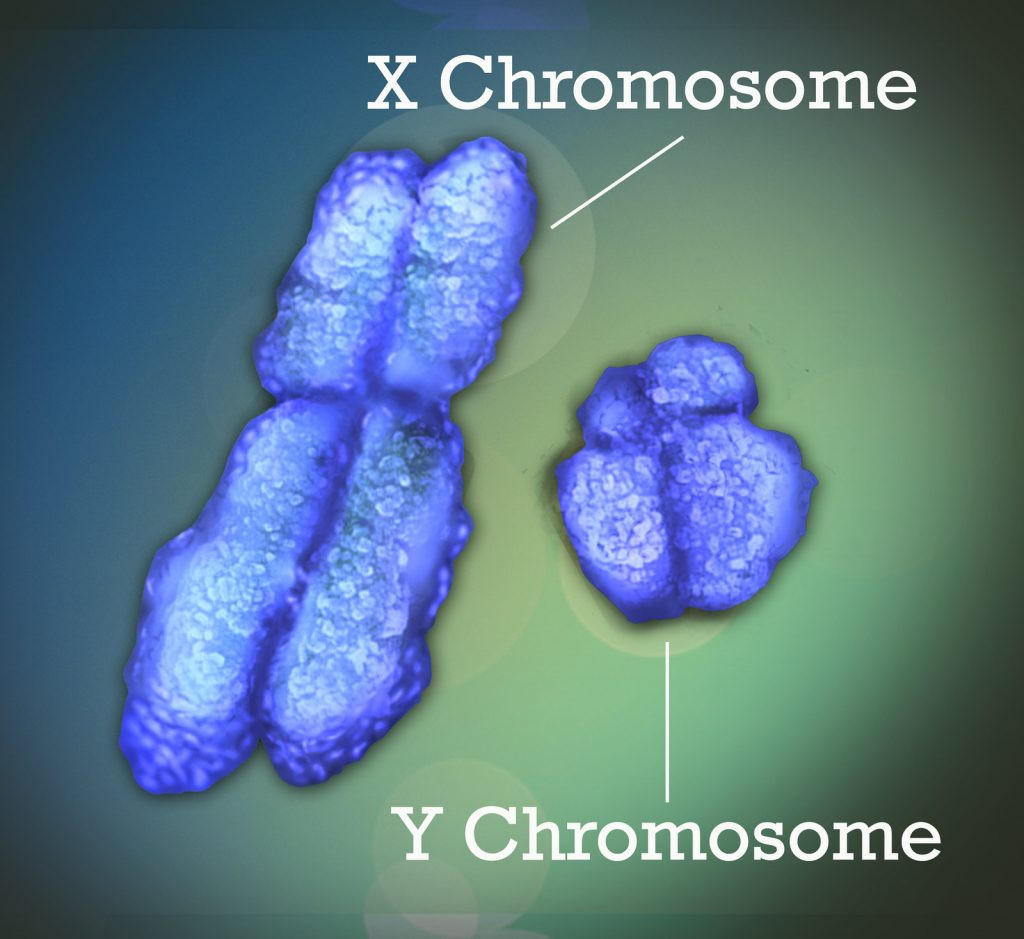The Complexities of Sex Development and Olympic Eligibility
The topic of differences in sex development (DSD) has recently garnered widespread attention following a series of controversies surrounding two women Olympic boxers. Both Imane Khelif of Algeria and Lin Yu-ting of Taiwan, who both possess XY chromosomes, were initially disqualified from competitions based on International Boxing Association (IBA) eligibility criteria. However, the International Olympic Committee (IOC) ultimately defended its decision to allow both athletes to participate in the Paris 2024 Olympics.
Understanding DSD
The term DSD encompasses a spectrum of variations in sexual development. The NHS describes it as a group of rare conditions that involve a complex interplay of genes, hormones, and reproductive organs, including genitals. As such, an individual's sex development might differ from the majority. These differences can manifest in various ways, often involving individuals having sex chromosomes typically associated with one sex but possessing reproductive organs and genitalia that may appear atypical or fall outside the binary expectations.
DSD Beyond the Binary
For instance, individuals can have XX chromosomes, usually linked to female sex, but also have reproductive organs and genitals that may not conform to typical female anatomy. Conversely, individuals with XY chromosomes, typically associated with male sex, can exhibit reproductive organs and genitals that deviate from conventional male anatomy. Some individuals may even possess both ovarian and testicular tissue, blurring the lines of typical sex determination.
Beyond Chromosomes: The Complexity of Sex
Professor Claus Højbjerg Gravholt, a specialist in genetic endocrinology at Aarhus University in Denmark, emphasizes that sex is not solely determined by chromosomes. He states, "If I showed you pictures of my patients without any clothes on, you would say, well, these are females that I'm looking at. But, in fact, they actually have a Y chromosome. And so it's really coming back to, what is sex? Is sex something you can see out of the chromosomes? No, it's not. Is sex something that you can see depending on which hormone, estrogen, or testosterone you preferentially produce? No, it's not. Sex is much more complicated." This highlights the multifaceted nature of sex development and the limitations of defining it based solely on chromosomal or hormonal factors.
The Impact of DSD on Individuals
Individuals with DSD often face significant challenges, both medically and socially. The diagnosis of DSD can be complex and involve extensive medical investigations. These individuals may require specialized care throughout their lives, including hormonal therapy, surgical interventions, or counseling. Socially, they may navigate issues related to identity, acceptance, and understanding from family, friends, and society at large.
DSD and Fertility
Professor Højbjerg Gravholt underscores the impact of DSD on fertility. He reveals that approximately half of his patients with DSD lack a uterus, rendering them unable to carry a pregnancy. The other half may possess a uterus but lack egg production, necessitating hormone therapy for menstruation. He emphasizes that he has never encountered or heard of a woman with an XY chromosome who can naturally conceive.
The Olympic Debate: A Broader Conversation
The controversy surrounding the Olympic eligibility of athletes with DSD underscores the complex intersection of sex, gender, and sport. The debate raises critical questions about inclusion, fairness, and the definition of what constitutes a woman in athletic competition. While the IOC has defended its decision to allow these athletes to compete in Paris 2024, the ongoing discourse highlights the need for nuanced understanding and open dialogue on DSD, gender, and athletic eligibility.
Embracing Complexity: Towards a More Inclusive Future
The cases of the two Olympic boxers with XY chromosomes offer a crucial opportunity for society to engage in a deeper understanding of DSD. Recognizing that sex development encompasses a wide spectrum of variations requires empathy, inclusivity, and the rejection of simplistic binaries. It's vital to move beyond binary classifications and embrace the complex realities of sex development. Only through such a shift can we create a more inclusive and understanding society that supports the well-being and dignity of all individuals.

















